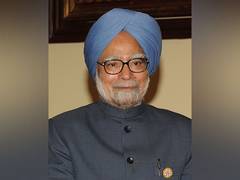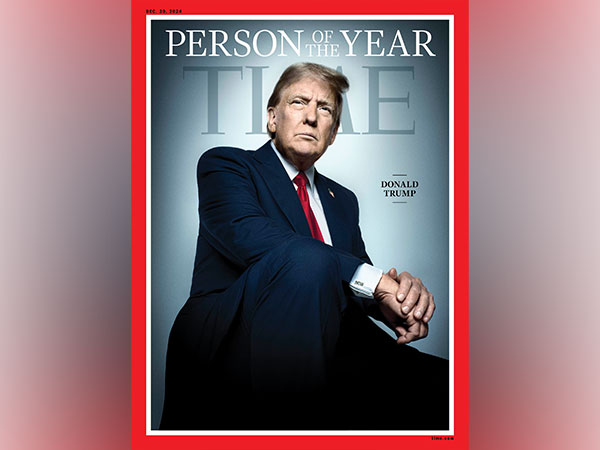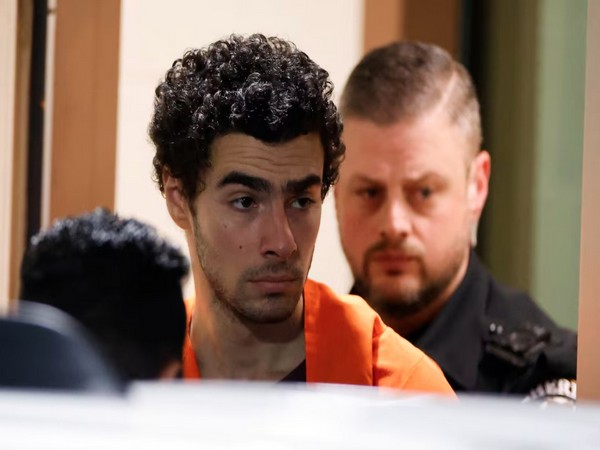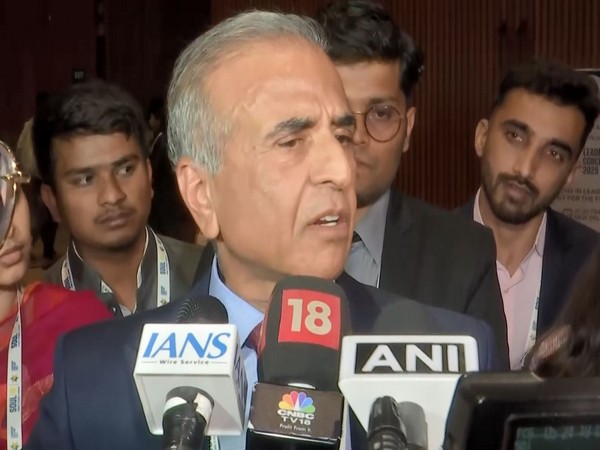Anadi Naik
Over the centuries mankind has faced many difficulties through floods, famines and fire. Occasional spread of diseases like plague, cholera and smallpox have decimated many areas. Intellectuals like Thomas Malthus thought that incidents like these are a natural process of controlling the population growth. Today, many economists swear by Malthus’s explanation. But humans are not commodities. Too much of them do not decrease their value to be expended by nature. Yet, corona virus otherwise known as covid 19 has so far killed thousands around the world. Its ravage has stopped the natural functioning of societies rich and poor, educated and illiterate, wealthy and poor.
Coronavirus has affected the entire world. People are dying. And the number of the dead is increasing daily. On March 31th it is 40,000. This reality hangs like a dark cloud over the heads of governments everywhere. It is estimated that tens of thousands of people would lose lives before this virus ends its journey. It is a pandemic. At the beginning nobody knew how dangerous it was .Therefore many countries including the United States did not take steps as seriously as they should have.
The response to the disease was slow and disorganized. By the time the people in power realized the mistake, the coronavirus had spread far and wide and had started killing people at a very high speed. Most affected became the ones who lived in huge clusters or in close proximity such as in the city of New York. A scourge of this magnitude also tests the resolve of the people. In the United States the Trump administration is preparing citizens to face a possible death of 100,000 people or more.
It could even be 200,000, who knows? Since there is no vaccine or medicine specifically for the corona virus, several experimental drugs are being used. The jury is still out on their effectiveness. Should any of them work, it would be a game changer, no doubt. Until then, people are asked to stay home and not come in contact with others.
In some places the lock down has not been taken seriously because some in the name of “religious freedom” or “first amendment rights” do not like the drill. They bring people together to meet or pray or both. In the process they help spread the killer virus.
While the coronavirus has spread into every part of the world, it has made some high profile victims also. British Prime Minister Boris Johnson, Britain’s Prince Charles, Brazilian President Jair Bolsonaro, wife of the Canadian Prime Minister Sophie Trudeau and a contingent of law makers from the US Congress are among them. In some countries, national leaders have tried to use the disease as a cover to stay in power.
In Israel, caretaker Prime Minister Benjamin Netanyahu does not want any distraction involving him in legal or political issues so that he can focus on his nation’s health. !n Hungary, a former Soviet bloc country but now a member of the European Union, Viktor Orban, its prime minister, wanted absolute power to deal with issues related to the coronavirus.
The Parliament gave him permission and with it, heartburn to the European Union. Absolute power in any form and democracy do not go hand in hand. Philippines’ president Rodrigo Duterte wanted absolute power to deal with the coronavirus. But he was refused by the Parliament. In order to stop the spread of the coronavirus various governments in different countries have locked down businesses, schools, offices and malls. Citizens have been ordered to stay inside except going to go out for essential things like medicine or groceries.
The arrangement may save lives but its impact has been devastating on a section of people who are economically disadvantaged and depend on daily work. In India millions of such people come to cities like New Delhi, Mumbai or Ahmedabad. When everything is locked down, they cannot find work. For them, life becomes a terrible burden. Then there are many who have sought shelter in other countries like the Rohingyas in Bangladesh. They too find themselves in a precarious situation. The misery continues.







